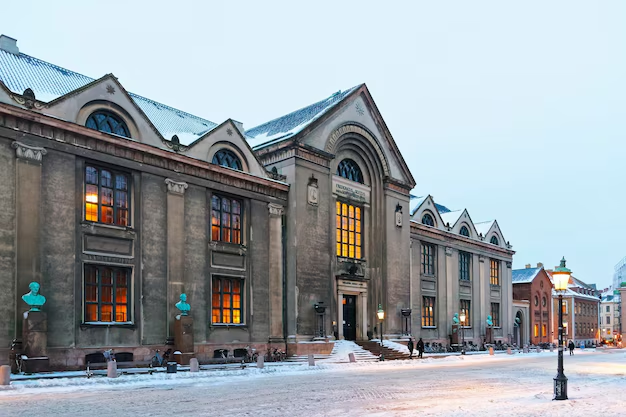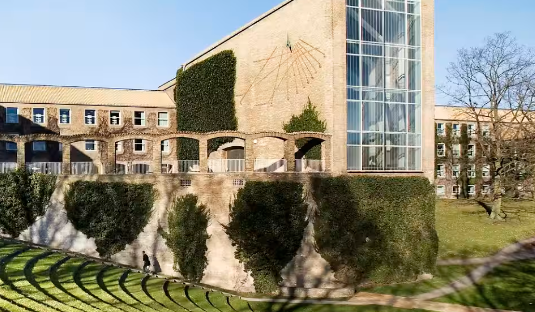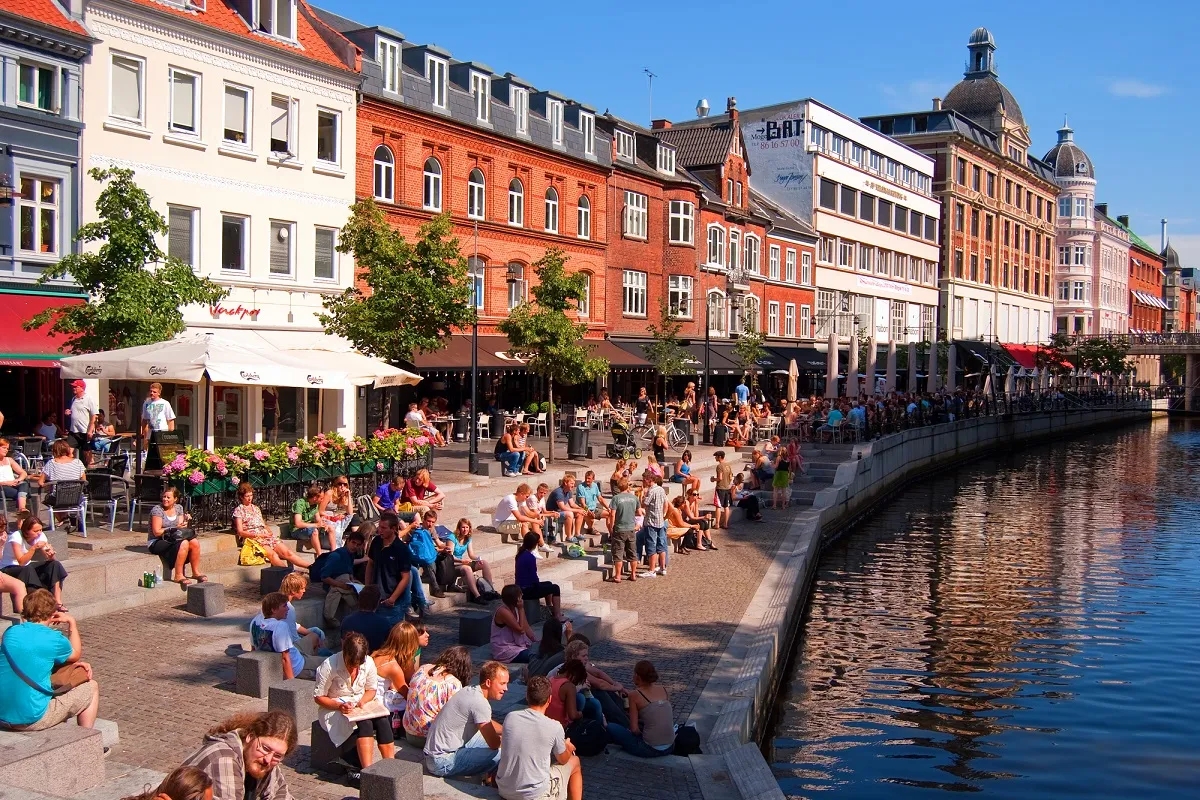This is a thorough resource for students on how to live and study in Denmark:1. Getting ready to relocate to Denmark
Residence Permit and Visa
EU/EEA Students: Upon arrival, you must register for an EU residency permit;
no visa is needed.
Students who are not from the EU or EEA should apply for a residence visa
through SIRI, the Danish Agency for International Recruitment and Integration.
Make sure a Danish educational institution has accepted you.
Accommodation
Housing for Students: For information about housing associations or
on-campus accommodation, contact your institution.
Use websites such as Lejebolig and BoligPortal for private rentals.
Advice: Depending on the city, rates should range from DKK 3,000 to DKK 6,000
per month. Start your search early.
2. Living Expenses
Monthly lodging costs range from DKK 3,500 to DKK 6,500.
Monthly food costs range from DKK 2,000 to DKK 3,000.
Monthly transportation costs range from DKK 300 to DKK 600, depending on
location and student discounts.
Monthly entertainment costs between DKK 1,000 and DKK 1,500.
Monthly Total Projected Budget: DKK 7,500 to DKK 12,000
3. Medical Coverage
Students in the EU/EEA: Make use of your EHIC, or European Health
Insurance Card.
After obtaining your CPR number, non-EU/EEA students should sign up for the
Danish National Health Service (free coverage).
4. Civil Registration Number (CPR)
Necessary to work, obtain healthcare, and create a bank account.
When you arrive, register at the Borgerservice Citizen Service Center in your
area.
5. Financial Services
To handle everyday costs and obtain student assistance (if qualified), open a
Danish bank account.
Typical banks are Jyske Bank, Nordea, and Danske Bank.
Denmark’s education system is known for its emphasis on equal access, high standards, and a focus on lifelong learning. It is characterized by its commitment to providing free, high-quality education at all levels, fostering active participation and critical thinking among students.


6. Public Transit
Trains, buses, and metro: dependable and networked system.
Rejsekort: A rechargeable travel card that gives frequent commuters savings.
Bicycles: Eco-friendly and widely used. Think about purchasing a secondhand
bicycle.
7. Student Part-Time Jobs
Students from the EU and EEA are free to work.
During the semester and the vacations, non-EU/EEA students are permitted to
work up to 20 hours per week.
Jobs include shopping, internships, and labor in cafes.
8. Studying in Denmark
Higher education establishments include business academies, university
colleges that offer practical instruction, and universities that offer research-based
programs.
Method of Instruction
Student-led projects, collaborative projects, and interactive classrooms are
typical.
The instructors are kind and promote critical thinking.
Language The majority of foreign student programs are offered in English.
Gaining a basic understanding of Danish facilitates employment and integration.
9. Cultural and Social Life
Danish culture places a strong emphasis on hygge, or a pleasant atmosphere.
Student Unions: Participate in social activities and clubs at the university.
Festivals: You must go to the Aarhus and Roskilde festivals.
10. Integration Advice
Learn Danish: Free Danish courses are available at several universities.
Network: Participate in social gatherings and meetings.
Investigate Denmark: Go to places like Copenhagen, Odense, and Aarhus.
11. Practical Websites and Apps
Rejseplanen: Planner for public transit
MobilePay: An app for mobile payments
For student housing, Studiebolig
MitID/NemID: Digital identification for safe online purchases
Would you like further information on any particular topic




